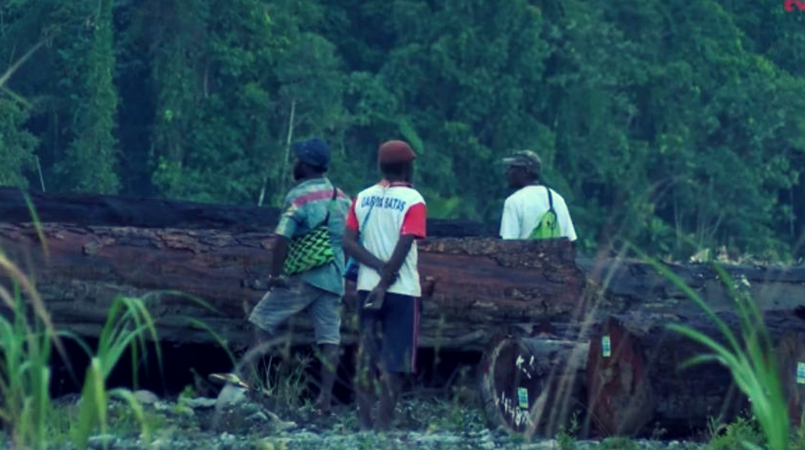
Many of the world’s worst environmental and human rights abuses are driven by the exploitation of natural resources and corruption; and PNG is no exception.
Illegal land grabbing is a massive problem in PNG and has a big impact on rural subsistence farmers.
Once permission over the customary-owned land is granted to a company through a lease title, communities are displaced and to some point, disrespected.
Furthermore, with an absence of a Human Rights Commission, landowners lack support to present their cases.
As a consequence, the forest dependent subsistence farmers, mothers and children are greatly affected as their movement is restricted. They lose access to gardening grounds, fishing, hunting and sacred sites.
Vice Chair of PNG Environmental Law Association and Project Director of Managalas Conservation Foundation, Damien Ase, argues a Human Rights Commission is important for PNG, predominantly to address these issues and matters related to illegal land grabbing in the country.
“One of the problems we can see now is the issuing of SABLs. It is said that 5.2 million hectares of land is now in the hands of foreign companies and this is directly affecting locals,” said Ase.
Ase said the decade-old Bill put forward by former Minister for Community Development, Dame Carol Kidu, for the establishment of a Human Rights Commission, has yet to go through the parliamentary process.
“It is important for the government to establish the Human Rights Commission and have it fully funded so it can investigate issues such as land grabbing that affect the right of our people.”
Ase further added that ordinary landowners do not have access to lawyers due to hefty legal fees hence, the establishment of a Human Rights Commission is crucial.
